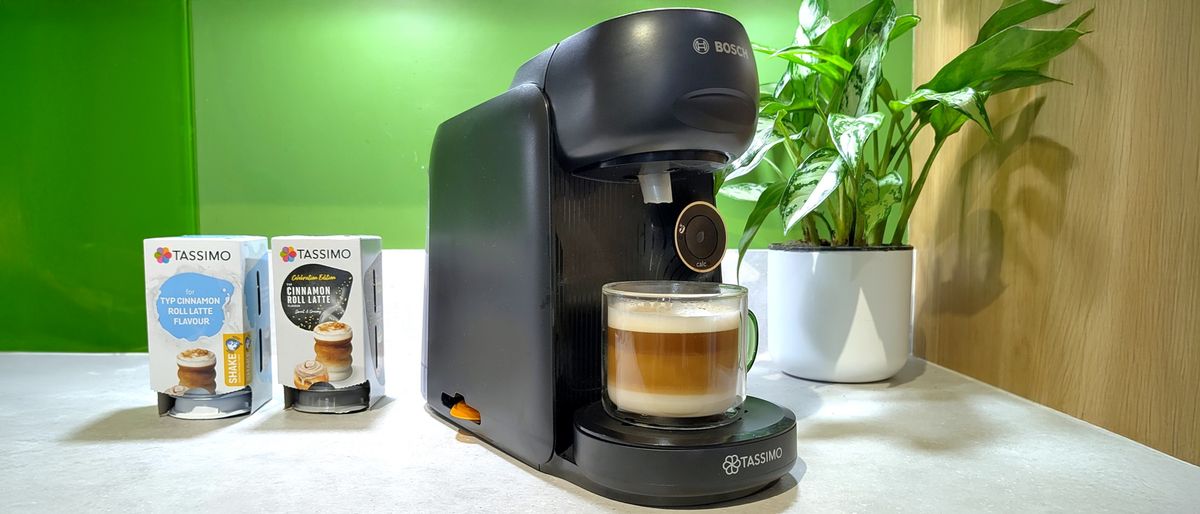- Jensen Huang says he's disappointed in latest China Nvidia ban
- News follows continued rumors concerning Nvidia H20 chips
- Huang notes the Chinese AI computing market offers huge opportunities
Nvidia CEO Jensen Huang has said he's "disappointed" in reports the Chinese government has issued a further ban on buying the company's AI hardware.
Speaking at a media event in London attended by TechRadar Pro, Huang was asked for his reaction following a Financial Times report on restrictions from China's Cyberspace Administration concerning its Nvidia H20 hardware, which were produced specifically by the company for customers in the Chinese market.
"I'm disappointed with what I see," Huang said, "but they have larger agendas to work out between the China and the United States - and I'm understanding of that, and we're patient about it."
"Rollercoaster"
"Our business in China in the last three years has been a bit of a rollercoaster," Huang added.
"We explained to the policy makers that H20s are not of any national security concern - the technology is for data centers, but it's available for gamers and laptops and so on and so forth."
"I think people realise that H20 is not a national security concern," he added, " and if China, the Chinese military, or any military, would to use computing technology for military applications, they have plenty of it domestically - they're not going to go rely on American technology."
"We're going to continue to communicate and support both governments as much as possible as they discuss through this."
The news comes days after China’s State Administration for Market Regulation (SAMR) accused Nvidia of violating an anti-monopoly law, launching a preliminary probe into the company.
"We're going to continue to communicate with the Chinese government and the US government, and I hope this all gets worked out," Huang said in reaction to a question concerning this move.
"We could all be in service of a market if the country wants us to be," he added, "and the Chinese market is important - we've been in service of it for 30 years, and we've probably contributed more to the China market than most companies have."
"At the highest level, the demand for AI in China is about a $15 billion market," Huang added, "it's the second largest AI computing market in the world...and so the demand there is great - and the competition there is also quite something."









 English (US) ·
English (US) ·